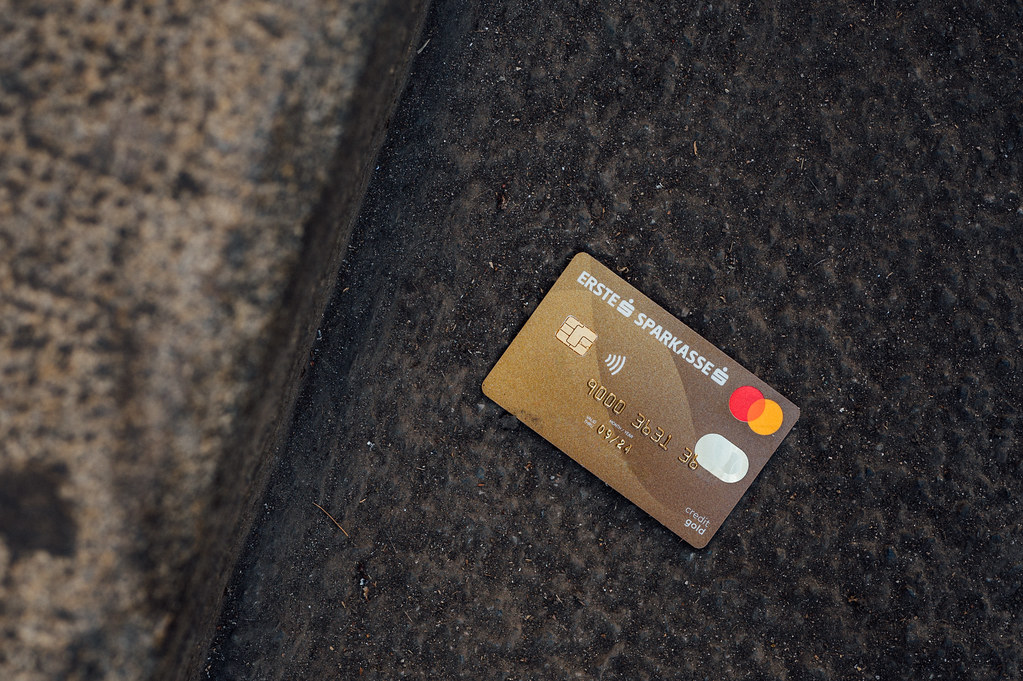Losing your credit card or realizing it’s been stolen can set off instant panic. But staying calm and acting fast can prevent a bad situation from spiraling out of control. Credit card theft is more than an inconvenience—left unchecked, it can lead to unauthorized transactions, credit score damage, and even identity theft. This comprehensive guide will walk you step-by-step through the smartest actions to take right away and show you how to safeguard your credit in the future.
Why Quick Action Matters When Your Credit Card Is Lost or Stolen
Speed is essential if your credit card goes missing. The sooner you respond, the lower your risk of unauthorized charges—and the greater your peace of mind. Credit card issuers in TIER-1 countries like the United States, United Kingdom, Canada, and Australia offer strong fraud protections, but only if you report loss or theft promptly. Waiting too long could put you on the hook for fraudulent purchases.
Step 1: Stay Calm and Double-Check
First, don’t panic. Pause and carefully retrace your steps. Check recent places you visited—your car, home, office, restaurant, or any store you shopped in. Sometimes, cards slip behind furniture, fall into bags, or get stuck in clothing pockets. A quick search could save you the hassle of dealing with a lost or stolen card.
Step 2: Notify Your Credit Card Issuer Immediately
If you confirm your card is lost or stolen, contact your credit card issuer at once. Most cards have a 24/7 customer service number on the back (or find it on the issuer’s website or your account app). Many banks allow you to lock or report a card lost directly through their mobile app. When reporting, provide:
- Your account details
- When and where you last used the card
- Any suspicious transactions noticed
Your issuer will block the card to prevent new charges and guide you through getting a replacement.
Will You Be Liable for Unauthorized Charges?
In countries like the U.S., the Fair Credit Billing Act limits your liability for unauthorized credit card charges. Typically, if you report the loss before any unauthorized use, you’re not responsible for any fraudulent charges. After fraudulent use, liability often maxes out at $50, but most major issuers now set your responsibility at $0 if you report quickly.
Step 3: Check Your Account for Unusual Activity
After notifying your card issuer, log in to your online account or use the issuer’s app. Review all recent transactions for any suspicious or unauthorized activity. Make a note of any purchases you didn’t make and report them to your provider. Review both posted and pending transactions—sometimes fraudulent charges take a few days to appear.
Step 4: Place a Fraud Alert (If Necessary)
If your card was stolen and you suspect your personal data is at risk, consider placing a fraud alert with credit bureaus. In the U.S., you can contact one of the main credit bureaus (Equifax, Experian, or TransUnion), and they’ll notify the others. A fraud alert warns lenders to take extra steps to verify your identity. This can provide extra protection against identity theft and unauthorized credit applications.
Step 5: Update Recurring Payments and Auto-Pay Accounts
If you have automatic payments linked to your lost card—like subscriptions, streaming services, recurring bills, or ride-sharing apps—update those accounts with your new card number once you receive it. Some banks provide new card details instantly through their app, which helps minimize service disruption. Staying on top of these updates can prevent missed payments and late fees.
Step 6: Order a Replacement Card and Set Up Your New Card
Your card issuer will offer to send you a replacement credit card, usually with a new number and security features. Once it arrives, sign the back immediately and, if your smartphone supports digital wallets (e.g., Apple Pay, Google Pay), add your new card for contactless payments. Remember to safely dispose of your old card if you later find it.
Step 7: Monitor Your Credit Reports
Regularly check your credit reports for any suspicious activity or new accounts you didn’t authorize. In many TIER-1 countries, you’re allowed at least one free credit report annually from each bureau. Reviewing these reports is critical to catch any problems early. Look for unfamiliar credit accounts, incorrect personal information, or hard inquiries you didn’t initiate.
How to Dispute Fraudulent Transactions
If you notice unauthorized transactions, dispute them right away with your credit card issuer. Provide as much detail as possible (e.g., amount, date, merchant). Your issuer will usually investigate and remove fraudulent charges if confirmed. This proactive step helps safeguard your financial reputation.
Step 8: Watch Out for Scams and Phishing Attempts
Fraudsters sometimes target recent theft victims with phishing emails or calls pretending to be from your bank. Always verify who you’re speaking to before sharing any personal or card information. If in doubt, hang up and contact your bank through their official channels. Never click suspicious links in texts or emails.
Step 9: Learn from the Experience and Strengthen Your Card Security
After resolving the immediate crisis, take a few minutes to boost your future credit card security:
- Set up transaction alerts for all purchases
- Enable two-factor authentication on your bank mobile app
- Store your cards securely in a wallet, not loose in bags or cars
- Avoid sharing card details unnecessarily
- Periodically review your card statements
Educating yourself—and your family or business team—on safe payment practices can go a long way toward preventing future loss or theft.
Frequently Asked Questions (FAQs)
Will Reporting a Lost Credit Card Hurt My Credit Score?
No. Reporting your card as lost or stolen and replacing it will not harm your credit score. Only negative activity, like missed payments or fraudulent charges that go unresolved, can impact your credit.
What If I Find My Card After Reporting It Lost?
If you find your card after reporting it lost or stolen, do not use it. The card issuer will have already canceled it for your protection. Safely destroy the old card and continue using your replacement.
Should I File a Police Report?
In some cases—especially if your card was stolen with other items, or if your identity was compromised—filing a police report can be beneficial. Credit card issuers or credit bureaus may request a copy if the fraud is severe.
Conclusion: Stay Alert and Proactive for Financial Peace of Mind
Losing your credit card—or having it stolen—can feel overwhelming, but quick, informed action makes all the difference. Immediately report the loss, monitor your accounts closely, and secure your replacement card. Remain vigilant against scams, and adopt smart practices to protect your credit long-term.
Safeguarding your finances is a continuous process. An ounce of prevention, backed by the right response steps, can spare you significant stress.
Take control of your credit security today—review your card status, check your account for any odd transactions, and consider enabling additional security features right now!






